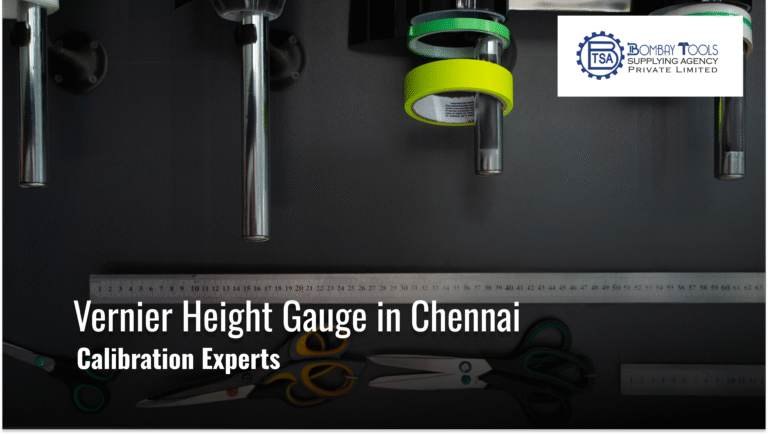Introduction:
Accuracy is crucial in any engineering workshop. If you’re designing parts, examining materials, or assembling components, having the suitable measuring equipment guarantees that your work satisfies precise requirements. Time is saved, quality is enhanced, and errors are decreased with precision instruments.
The top five precision tools that every engineering workshop needs are as follows:
Calipers
Vernier calipers are a common and adaptable tool for measuring both external and internal dimensions including depth. They are ideal for fast, accurate measurements and have an accuracy of up to 0.01 mm. Vernier calipers can be used to measure the thickness of a plate or the diameter of a small shaft.
Micrometers
Micrometers are necessary for even more accurate measurements. They have an accuracy of 0.001 mm in measurements. Because they are available in three different types, outside, inside, and depth—micrometers can be used in a wide range of applications where extreme precision is essential.
Dial gauges
To measure minute changes or deviations in a surface or object, dial gauges are used. They are particularly helpful when inspecting machinery for alignment, runout, or flatness. Tolerances can be quickly assessed during inspection or assembly thanks to their easily readable dial display.
Measurements of height
Height gauges are made precisely to measure vertical distances from a reference surface. When marking out parts or determining the height of components, they are extremely helpful. A lot of height gauges have digital displays for ease of use.
Testers of Surface Roughness
The fit and functionality of parts can be impacted by surface finish. By measuring a surface’s texture, surface roughness testers assist engineers in making sure the surface satisfies necessary smoothness requirements. In quality control, this tool is essential for preventing problems like excessive friction or poor adhesion.
How to Pick the Appropriate Tool
Take into account the following when choosing precision instruments:
Resolution and accuracy: Align the tool’s accuracy with the demands of your project.
Range: Verify that the device can measure the sizes you frequently work with.
Usability: Digital tools can decrease errors and speed up measurement.
Durability: To endure workshop conditions, select instruments composed of high-quality materials.
Maintenance and calibration: For reliable accuracy, choose instruments that are simple to maintain and calibrate.
Why BTSA?
Reliability and quality are ensured when you buy your precision instruments from a reputable supplier like BTSA. A large selection of measuring tools are available from BTSA, along with professional assistance. Because our products adhere to industry standards, where our precision tools will operate longer.
Discover the ideal instruments for your engineering requirements by looking through BTSA’s assortment of measuring instruments.
Every project can be completed accurately and efficiently with the use of instruments like surface roughness testers, micrometers, and vernier calipers. Recall accurate measurements and make informed decisions and purchase from reliable vendors like BTSA.







